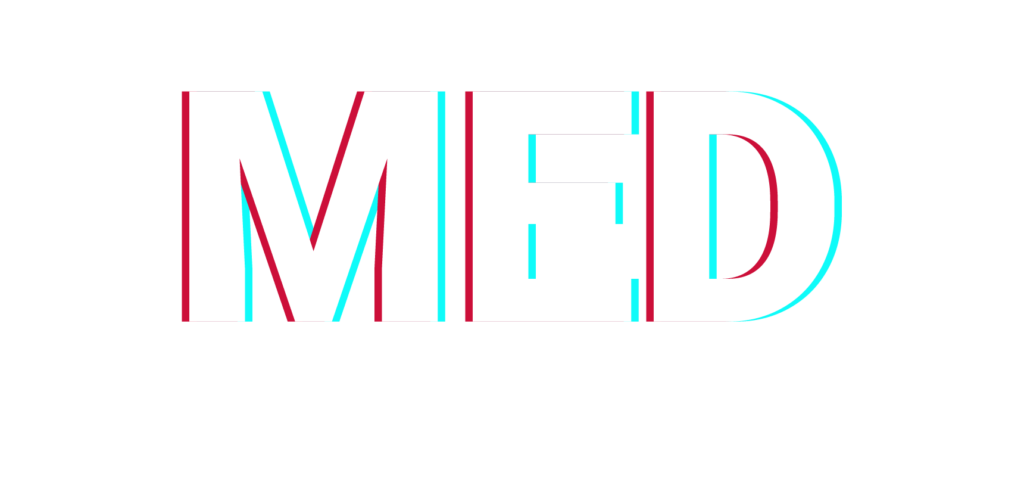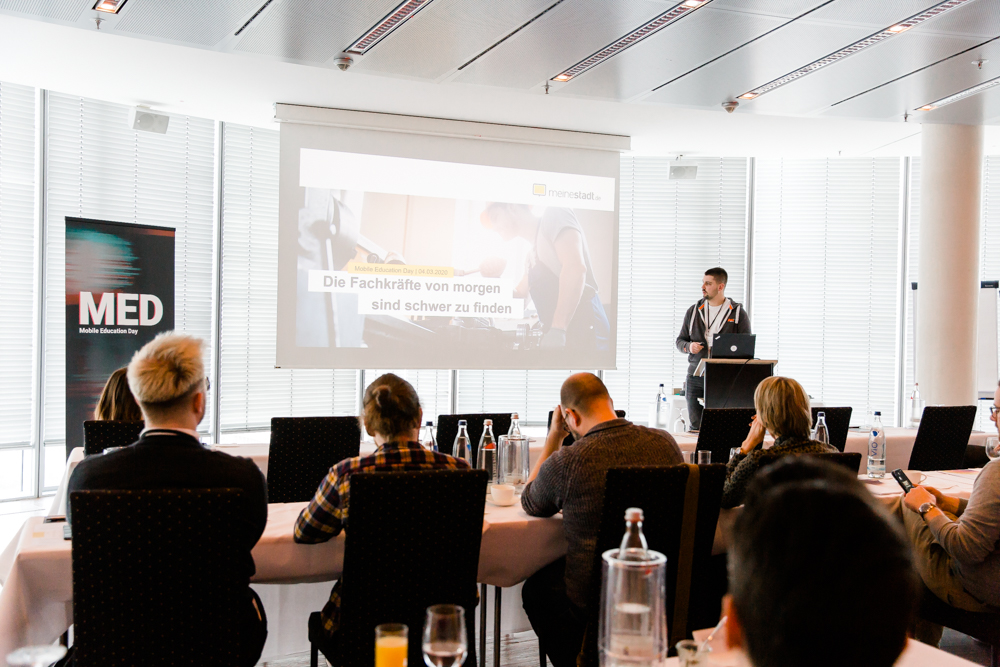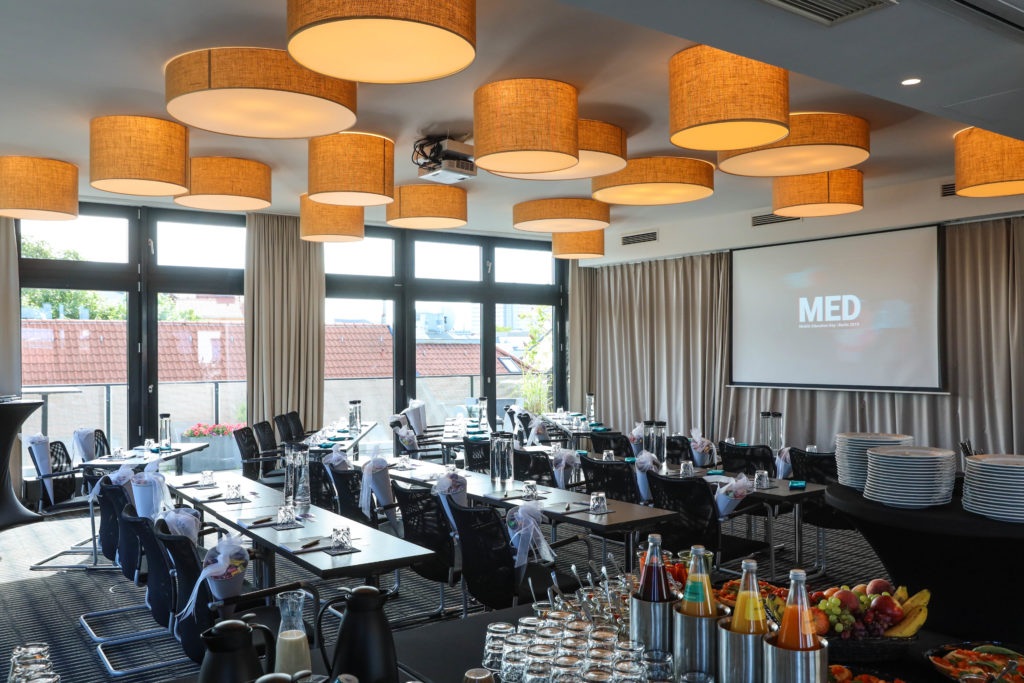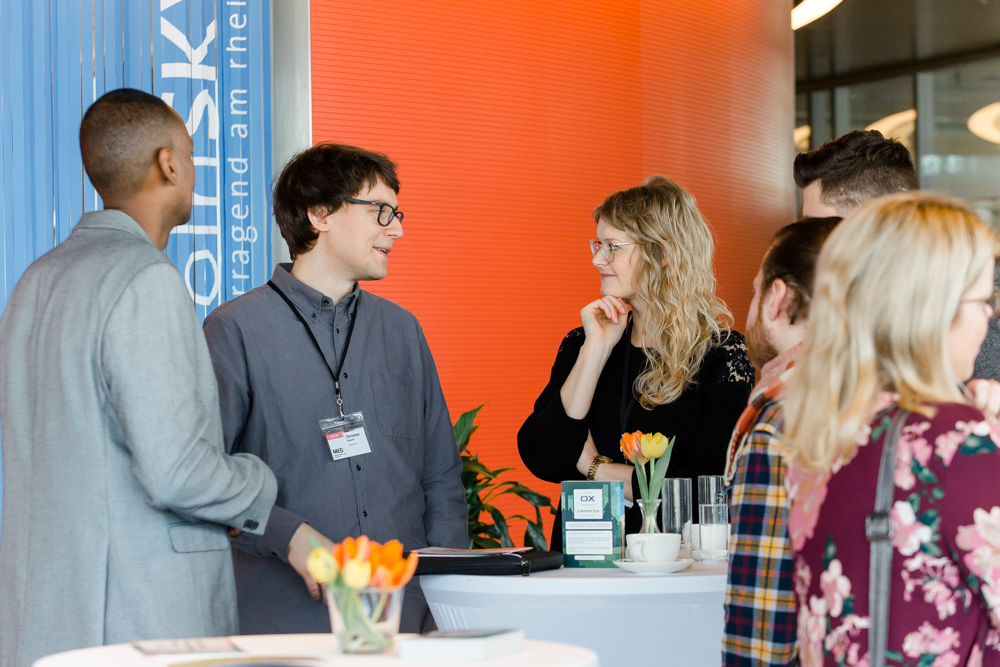
“Keep your event attendees at the centre of everything you do.”
Author: Linda Harnisch
– Communications Lead
Have you ever considered hosting your own mobile event? If you’re just getting started, we’ll give you the scoop on how to organise an (educational) event for the mobile industry and share some insights on our previous event experience. It’s an honest insight into our learnings so far. Did we forget anything on our checklist? Let us know!
1. What is your event strategy?
For us here at Customlytics, events certainly present a great opportunity to boost our company’s visibility, promote our brand message in the industry. And if you are seeking an opportunity to gain more visibility for your mobile startup or company, that’s something we want to encourage you to do as well.
We consult brands on their app marketing activities but we are also offering learning and networking opportunities for the mobile industry with several events. From our app marketing managers and consultants to our internal organisations team and CEOs, exchanging insights and learnings is at the heart of our values. The same holds true for our events. Such as the Mobile Education Day (MED) – a new educational event series we are kicking off in May.

We take our over 1.260 member-strong Berlin Mobile Mobile Marketing & Growth meetup group as an indicator that the intention of learning from each other is still going strong in the mobile community. And is probably here to stay since the field of mobile marketing is ever changing. Our friends from REMERGE stated very well that there are a lot of educational mobile events out there. Reinventing the wheel in educational event marketing isn’t easy. What is something that only your event has the ability to provide? Coming closer to answering this question will help building a powerful platform over time.
2. Target Audience and goals for your event
Whether you’re a startup, mid-sized or big corporate company, I can only recommend you take your time to talk and brainstorm about your target audience and your goals. What do you actually want to achieve with your mobile event? Is it to gain visibility, generate leads, foster partnerships with other players in the market or is it going to be part of your business model and supposed to generate revenue?
Your goals will shape the whole event project significantly. And maybe you know that already but actually taking the time and sitting down to discuss this isn’t always a given. Changing the target audience and language of an event mid-way, changing a free event to a revenue generating gig or canceling an event because the goals are unattainable – been there done that So, define these aspects of your mobile event project and then stick to them.
3. Drafting a good ol’ Project Plan
We can debate whether meetups need a decent project plan. Yet even a simple timeline is nice to have and can prevent your event from low attendance because invitations weren’t sent out in time.
The answer to the question “Where is the event project plan?” should never be “Git it in my head.” Your timeline from start to finish is again very dependent on the kind of mobile event you are planning. Our timelines range from six weeks to seven months. Little screw-ups that usually happen without planning accordingly:
- Project manager gets sick, the chaos unfolds
- The event location needs attendee numbers for their catering but you need to hear back from at least twenty more people
- You: “Hey guys, we want to send out a mailing to all our event prospects today”. Your CRM team: “Haha. Where’s your mailing plan? We have no room for your mailing today, tomorrow…and all of next week”.
- Your budget explodes. Speaking of which….

4. “We spent how much?!” – Budgeting
Even with a fairly low key event such as our Berlin Mobile Marketing & Growth meetups there are costs involved. It isn’t always possible to find a free location, your mobile expert attendees expect some catering. A few hundred Euros here and there add up at the end of the year. Especially for a mobile conference that you organise from scratch it is hard to scale the exact costs and consider everything.
Just as an example, your event location: It doesn’t only include the rent for your conference or workshop room. There is catering, technical equipment, eventually lighting, cleaning, service staff etc. Do your research and get some advice from experienced event managers in your network. Let the event location know about your budget for rent, catering, technical equipment and event staff and they can tailor their offer accordingly.
Even if you don’t have established a sophisticated bookkeeping for events yet, figure out a transparent way to keep track of what you expect to spend and what you actually spent. And have one dedicated person keeping track of the budget. That way it will be so much easier for the orqanisation of your next mobile event.
5. Allow some time to find a location and set a date
Unless you are limitless with your budget, I assume you want to be a bit frugal in making a decision on a location for your mobile event.
It all starts with an approximate date for your event that you want to set in advance. I usually commence by checking on other events and meetups that are happening in the same field, at the same time and same city. We keep a handy events calendar with all mobile- and digital marketing events in DACH that we simply update each year. Having said that, there is always an event that slips through your fingers.
For a meetup allow about six weeks in advance. For a mobile conference with fifty attendees in an event-saturated city such as Berlin allow four to six months. For a summit or evening gala event with a few hundred people I have worked with event managers who booked event locations a year in advance We are happy to hold the Mobile Education Day at the AMANO Rooftop Conference, which is a well-known conference location – but required us to book already six months in advance.
If you can, view the location. Definitely view the location if it’s more than a meetup or conference kind of event, and you plan on having a photographer and videographer. Also, keep a good relationship with the location staff. We always meet twice in a lifetime. At that, clarify what the technical equipment situation is like. Once I spent two hours in a restaurant trying to set up a projector under the eyes of the condescending staff. Usually we have at least one person from our team setting up the presentation at meetups – there is almost always something.
Many startups, co-working spaces and companies in Berlin have really nice event spaces. We have held meetups at OneFootball, Babbel or Mindspace. Your attendees will love to check out other company’s offices and it works as a drive and motivation for them to attend.

6. Make the content stand out
In an ideal scenario there is a project team consisting of someone responsible for the event organisation and relevant event content. Either way, the question to ask yourself is “How can I create quality content for my meetup/conference/workshop etc.?” In other words, understand where your event can add value. You want to solidify your event as “thought leader”.
For our meetups, workshops and the Mobile Education Day we achieve that by teaming up with industry experts from mobile companies and app publishers such as Leanplum, Adjust, MoEngage, Delivery Hero, Babbel or Audible. With every event we are creating – and that you will be creating – you get a better understanding for your target audience and what you want attendees to learn.

7. Launching and getting the word out
Someone once told me “this event sells itself”. Until it didn’t and a decent launch and marketing strategy had to come into place. Your event’s goals are what your marketing plan is based off of. When we know that we want X amount of attendees for a meetup or other event, we know exactly when we have to launch and get the word out.
As not all event information is available at once, you may have to repeatedly update your event website and many other materials – which is normal. And certainly your promotion plan depends on your resources at hand. Of course, it’s impossible to create a perfect “catch-all” event marketing plan. Platforms such as meetup.com or Eventbrite give startups a decent opportunity to get their event marketing going. For us it’s all about partnerships, creating an attractive event and catching our attendees on relevant channels.

8. Keep attendees at the centre of everything you do
We said it before but you want to create an experience with your audience in mind. Whether it’s deciding on the main message of the event, the content you provide and the setting you choose.
I once organised an evening event and my team (all 90ies kids) though it would be an awesome idea to set the theme of the night to “super fun 90ies party”. Our target audience actually thought it was a flop. For our recent event project, the Mobile Education Day, we’ve been discussing several gimmicks that add to the event experience – in the end we dismissed them because we didn’t see the added value to the audience.
And don’t get us started on food
9. Keep track of your attendee numbers
It sounds so simple. Don’t think just because your mind is set on 40 attendees you’ll land at that number. From my experience there always comes a time when the attendee number becomes a source of “tension” between event manager and project manager. Adding ten more people after communicating catering numbers, not a problem. Communicating a hundred mor, your event manager might never talk to you again, the location is not amused, worst case your attendees will give bad feedback – which from my experience can be balanced by offering a higher alcoholic beverage ration than food and make them “remember” the event fondly
We are usually fairly relaxed when it comes to our meetups in Berlin. It gets interesting when you have booked a location that holds a fixed amount of attendees for a certain seating setup and you have to communicate a number for catering. My tips and hints here:
- Get your goals, project plan and deadlines for e.g. catering numbers straight and commit to them.
- Event manager and project managers, work as a team, talk to each other
- Talk to your location as soon as possible and clarify “what if…”
- Work your problem-solving and diplomatic skills on the day itself. Keep cool, there’s always not enough chairs, someone needs that one type of tea that is not available and people show up who are not on the guestlist. It happens.
10. Last but not least, debrief
Everyone in events will know that feeling setting in a couple days after. A project you have worked on for half a year or even more finally comes to a closure. You’re somehow “event hungover” falling into a whole – the work is done. Try and get it together, and give it a clean finish. As event or project manager you have to sometimes act as the initiator and motivator to do that.
Get everyone on a table and chat about feedback and learnings. This also includes feedback from attendees and the location. Yet this debrief of your event project only makes sense if you commit to sticking to your learnings. Write them down and put them in a folder for the next event so you’re reminded and see them when it’s time.
We hope this article provides some good overview about how to get started with your event strategy. We are creating more and more events around topics such as mobile CRM and user engagement or, data-driven app marketing. Get in touch to know more https://customlytics.com/






